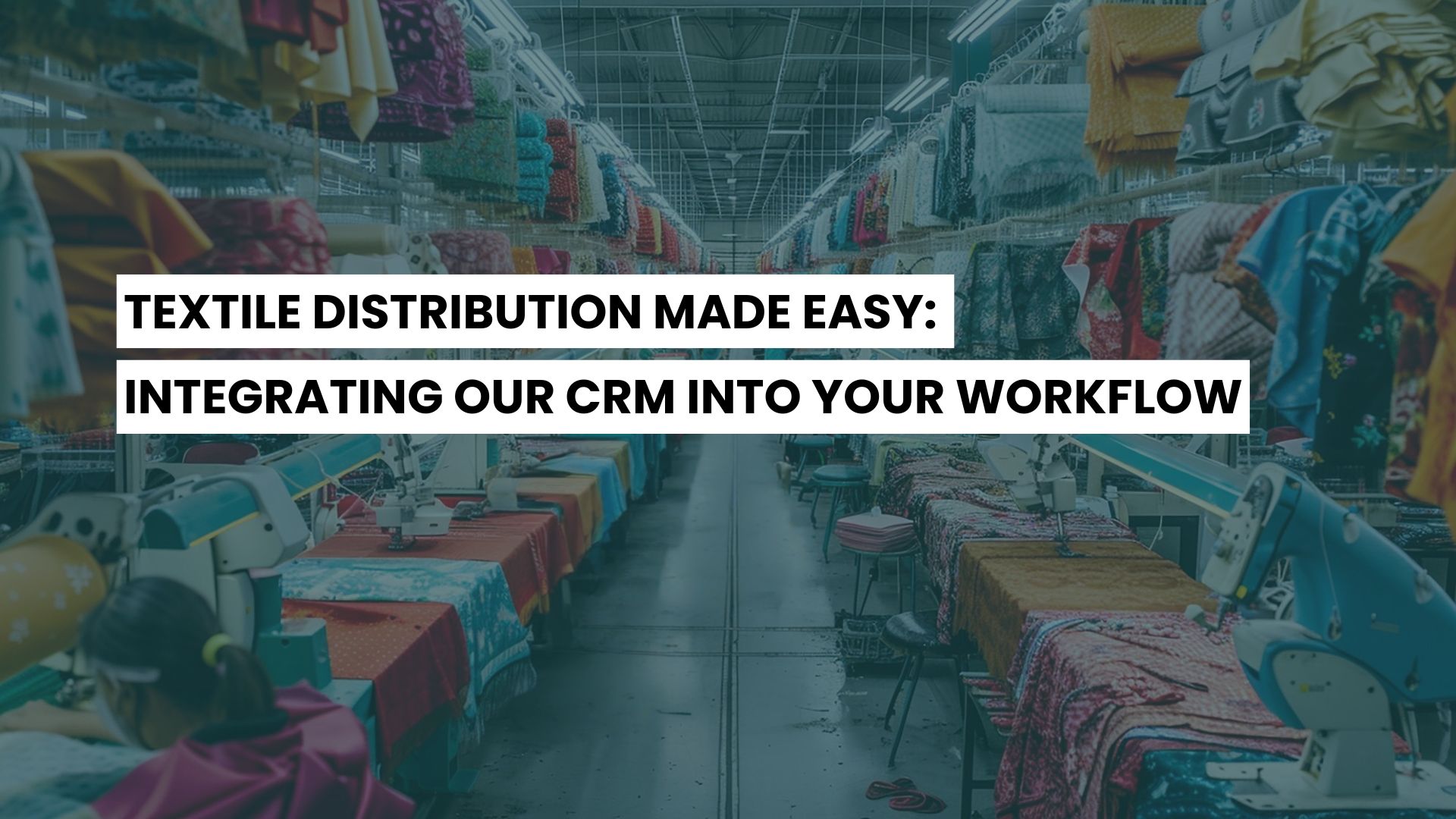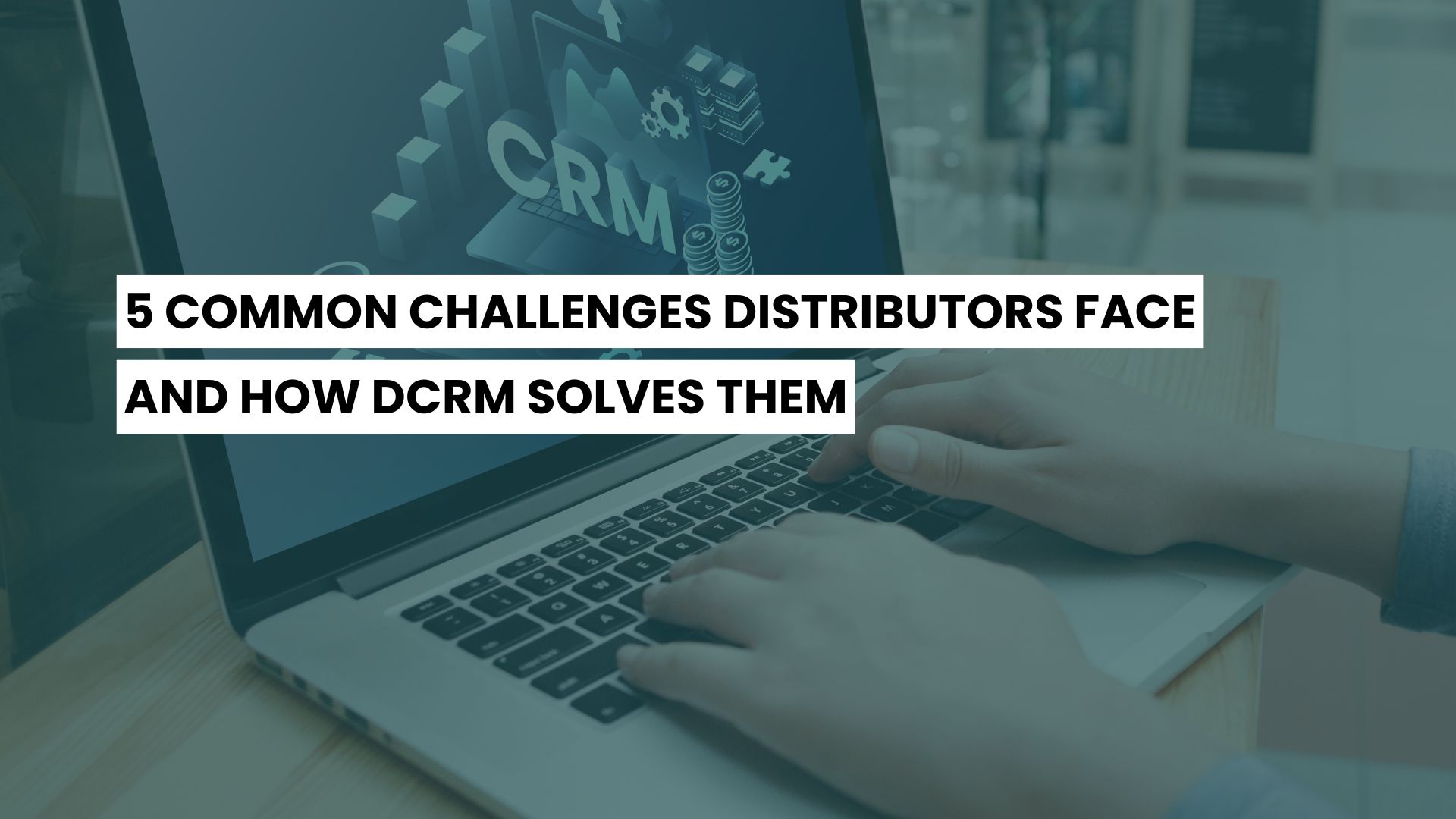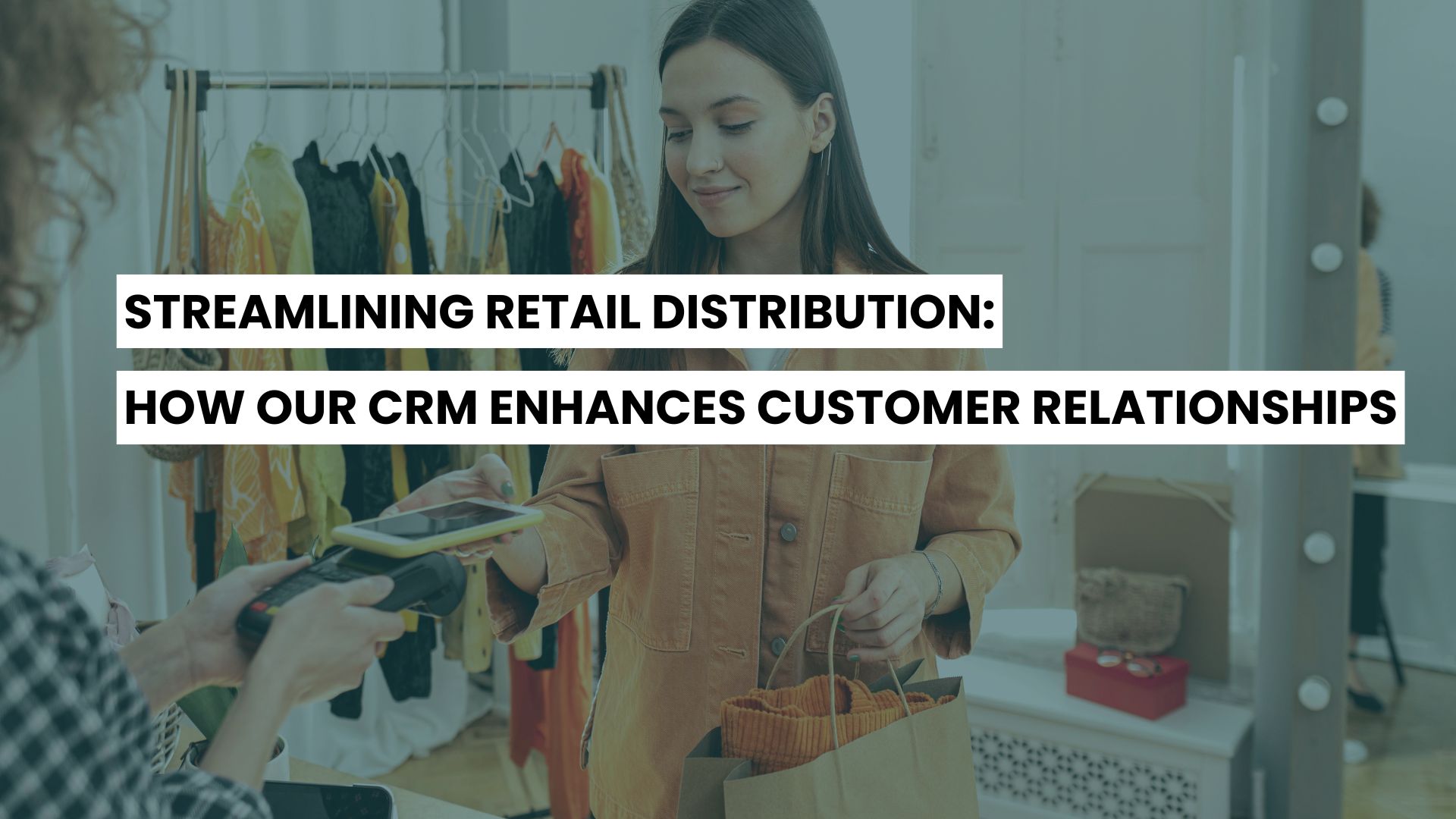In today’s fast-paced business landscape, the consumer market is witnessing a significant transformation, and the Fast-Moving Consumer Goods (FMCG) industry is at the forefront of this evolution. With the advent of advanced distribution software solutions, the FMCG sector is undergoing a remarkable shift that promises to redefine the way products reach the hands of consumers. In this article, we will explore the crucial role of distribution software in shaping the future of the FMCG industry, from enhancing supply chain efficiency to optimising customer experiences.
1. Streamlining the Supply Chain with Distribution Software
The FMCG industry is characterised by its swift turnover and high demand. To stay competitive in such a dynamic environment, businesses need to manage their supply chains with precision. Distribution software emerges as a game-changer in this aspect. By integrating various facets of the supply chain, from procurement to distribution, these software solutions enable companies to monitor and manage their operations seamlessly.
Real-time Inventory Management
One of the crucial challenges FMCG companies face is maintaining an optimal position of force. Overstocking leads to gratuitous costs, while understocking results in missed deals openings. Distribution software addresses this issue by furnishing real- time perceptive into force situations, enabling businesses to make informed opinions and reduce destruction.
Efficient Demand Forecasting
Accurate demand forecasting is vital for FMCG companies to align production and distribution efforts with market demand. Advanced distribution software employs data analytics and machine learning algorithms to analyse historical sales data, market trends, and external factors. This allows businesses to predict demand more accurately, minimising the risks associated with overproduction or stock outs.
2. Enhancing Distribution Networks
The traditional distribution model in the FMCG industry often involves multiple intermediaries, leading to longer lead times and increased costs. Distribution software introduces the concept of direct-to-consumer (DTC) distribution, which eliminates unnecessary intermediaries and facilitates a more efficient supply chain.
Direct-to-Consumer Model
With distribution software, FMCG companies can establish a direct connection with their end consumers. This not only reduces costs by cutting out middlemen but also enables businesses to gather valuable insights directly from customers. These insights can be leveraged to tailor marketing strategies and develop products that align with consumer preferences.
Optimised Route Planning
Distribution software incorporates geographical data and algorithms to optimise route planning for deliveries. This results in reduced transportation costs, minimised delivery times, and lowered carbon footprints. Efficient route planning also enhances customer satisfaction by ensuring timely and reliable deliveries.
3. Elevating Customer Experiences
In the ultramodern business geography, client experience is a crucial differentiation. Distribution software plays a vital part in enhancing client gets within the FMCG sector.
Personalised Offerings
By analysing customer data and purchase history, distribution software empowers FMCG companies to offer personalised product recommendations and promotions. This level of personification not only strengthens customer loyalty but also increases the likelihood of cross-selling and up-selling.
Seamless Omani-channel Presence
Consumers today expect a consistent experience across various channels, whether it’s online platforms or physical stores. Distribution software facilitates seamless integration between different sales channels, ensuring that customers can browse, purchase, and return products effortlessly, regardless of the platform they choose.
4. Embracing Technological Evolution
As the FMCG industry adapts to the digital age, embracing technological evolution becomes paramount. Distribution software serves as a bridge between traditional practices and cutting-edge technology.
Integration of IoT and Analytics
The Internet of Things (IoT) and advanced analytics are transforming the way businesses operate. Distribution software can integrate IoT devices such as sensors and RFID tags to monitor the condition of products in real-time. This data can be analysed to optimise storage conditions, reduce spoilage, and enhance overall product quality.
Data-Driven Decision Making
Informed decision-making is the cornerstone of successful business operations. Distribution software provides comprehensive data insights that empower FMCG companies to make strategic decisions based on facts and trends. This minimises the reliance on intuition and guesswork, leading to more accurate outcomes.
Conclusion:
In the rapidly evolving landscape of the FMCG industry, distribution software emerges as a catalyst for positive change. From streamlining supply chain operations to elevating customer experiences, these software solutions are revolutionising the way FMCG companies operate. As technology continues to advance, embracing distribution software becomes not just an option but a necessity for businesses striving to remain competitive and relevant. By leveraging the power of distribution software, FMCG companies can position themselves at the forefront of innovation and secure a prosperous future.




